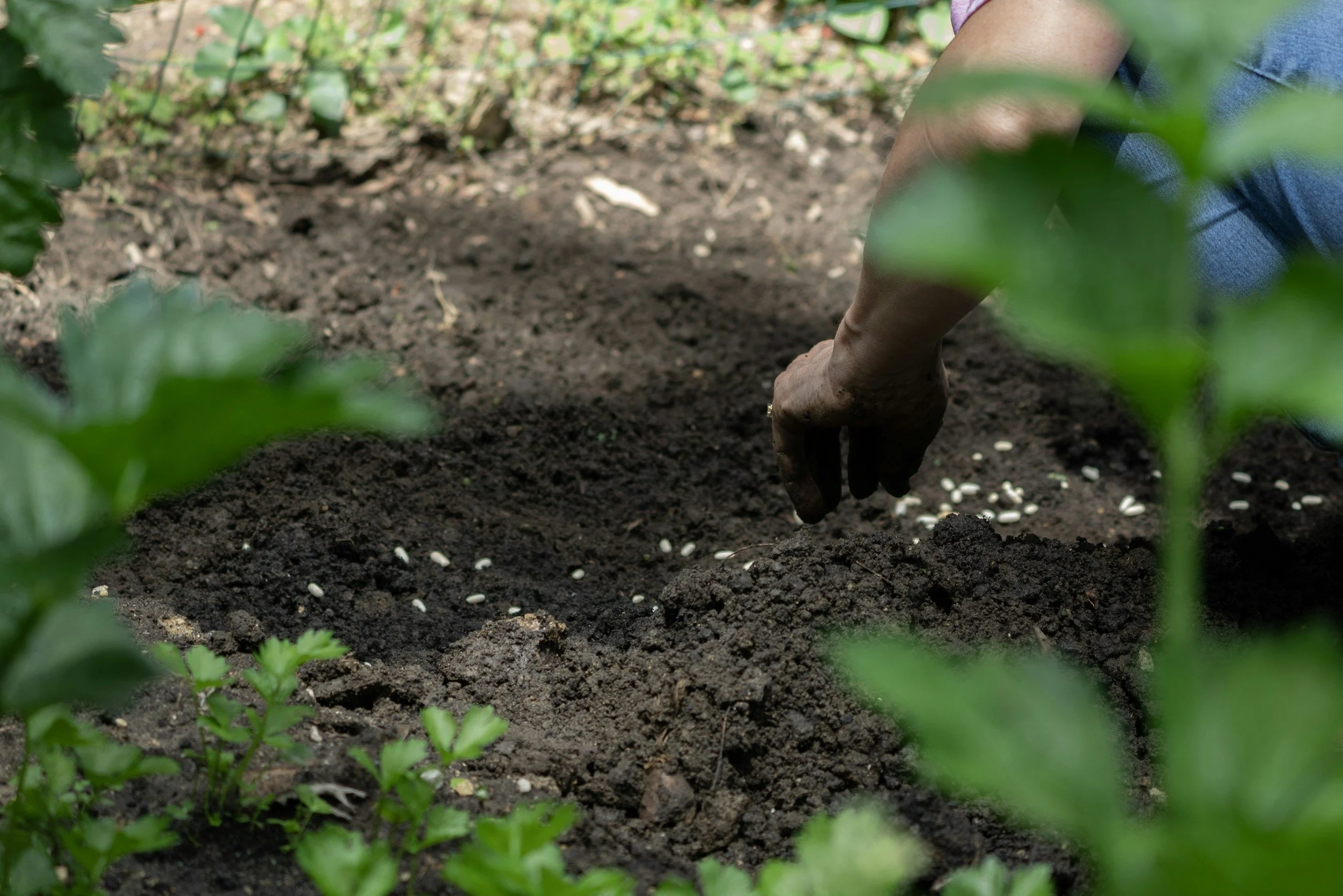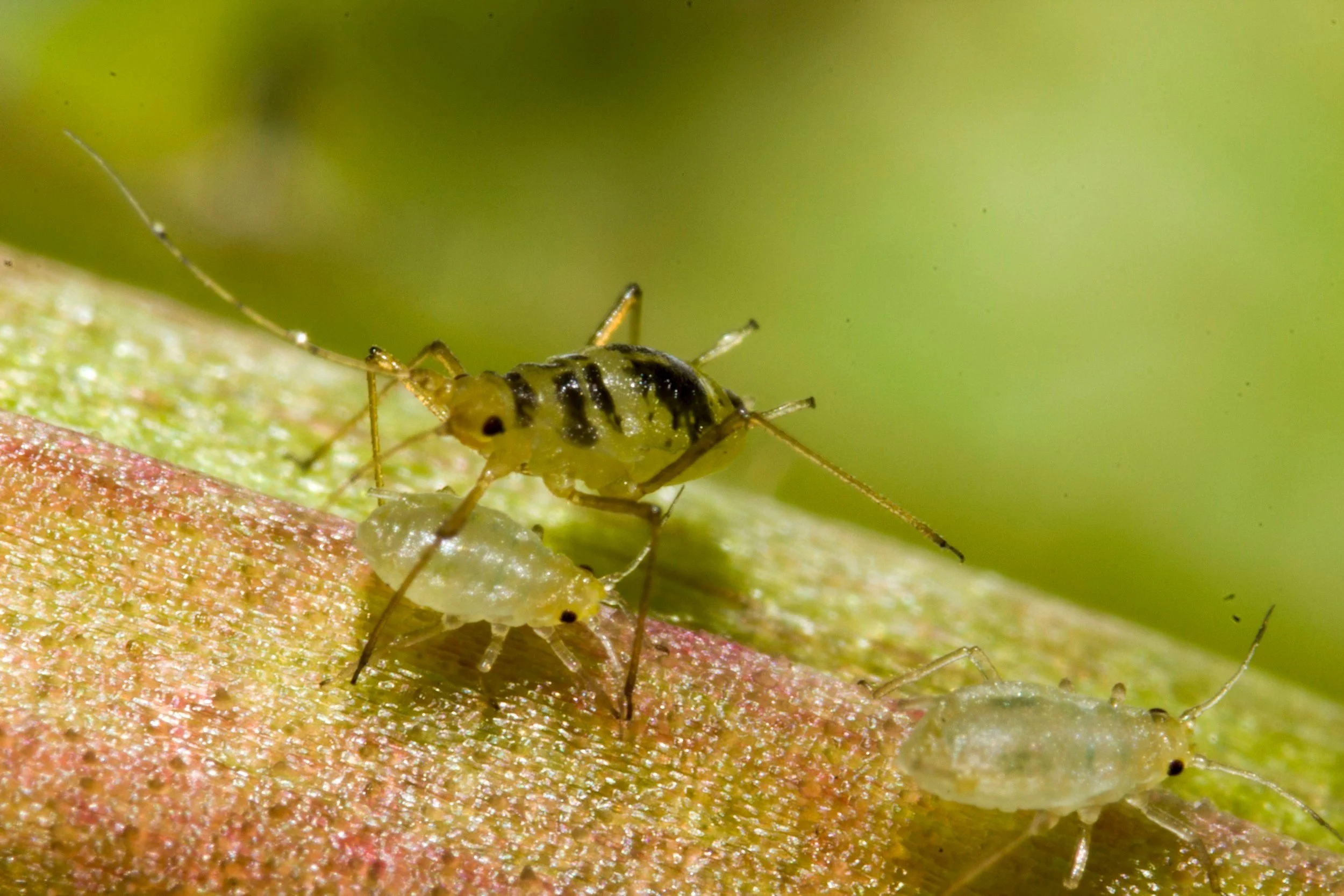A cheaper green? How to shop for healthy and eco-friendly products on a budget
/A couple of weeks ago I was shopping at Whole Foods and noticed that the person in the aisle next to me had a shopping cart full of items. In fact, while wandering through the store looking for a marinade I used to use years ago, apparently no longer sold by Whole Foods (maybe too overpriced?), I noticed quite a few people with shopping carts full. None of them seemed to be to be the type of people who had money to burn. Now looks alone are no judge, but I wondered, how the heck can people afford to do so much of their grocery shopping at Whole Foods? Having joked with the staff on many occasions about how it was impossible to get out of the store for under $30, I was pretty surprised to see more than a handful of people buying what struck me as hundreds of dollars’ worth of groceries.
There are cheaper options than Whole Foods, of course. MOM’s organic market (with stores in MD, PA, and VA) is one of them. It has been around since 1987 and its website states MOM’s purpose as being “to protect and restore the environment”. What I like about MOM’s is that they buy local (a topic I’ll be blogging about more next month, so stay tuned). They also actively support other green businesses, especially those that (like MOM’s), use renewable energy like solar and wind.; What I like best about MOM’s is that their stuff is, on the whole, a lot cheaper than Whole Foods’ stuff (though admittedly, they do have less stuff). In fact, the topic of how much cheaper they are than Whole Foods seems to be a point of pride with their staff, with whom I’ve had many conversations over the years about this topic.
This led me to wonder, how can people buy healthier (especially organic) products without breaking the bank?
Here are five things you can do this week to green your lifestyle and start on the road to healthier living (on a tight budget):
Ask for coupons from eco-friendly companies
1) Write to the makers of organic products you use or would like to, and ask for coupons. Include an SASE (self-addressed stamped envelope) to make it easier for them to send coupons to you. Companies like to hear from their customers, especially the ones that have been using their products for a long time. Once you have written one letter, you’ll have a template for writing the next one to that company. Many companies let you request coupons once every month. And here’s a secret many people don’t realize – the more you use coupons, the more companies will send them to you! This is more the case with large companies, but even some smaller ones will do this. You can also check out various organic coupon sites, like Mambo Sprouts, Saving Naturally, Organic Deals, Organicfoodcoupons, Healthsavers, and Organic Deals and Steals coupons and ideas for saving money on your next shop.
Buy conventional and wash with pesticide-removing products
2) If you can't buy organic, buy conventional and use a fruit and vegetable wash. Most of these washes remove pesticide residue from your foods, in addition to wax and other substances. (But note, while this is especially important for conventionally grown produce, it is even important to use a wash for organic produce, which may contain natural pesticide residue) You can find these washes at many of your local grocery stores, or online here: fruit and veggie wash.
Use simple home remedies for eco-friendly cleaning
3) Instead of shopping for bathroom or kitchen cleaning products this week, use Borax or baking soda to clean, and vinegar to disinfect, your home. Look at the non-toxic alternatives page of this website for more tips on using cheaper, non-toxic products for personal care and household cleaning. I am often adding more information here, so if you have any tips you’d like to share, please send them to me using the contact form (write “tips” in the subject line. I’d love to hear from you!)
Shop for organic frozen food
4) Buy frozen and organic- it is a myth that frozen foods are less healthy than non-frozen. Buying frozen, organic produce in bulk will save you time and money. Costco now has many more choices in organic frozen foods. (For maximum anti-oxidant fighting power, minimally heat frozen berries and add them to your cereal, yogurt, or oatmeal).
Get in touch with your local farmer(s)
5) Contact your local farmers and see if they’d be willing to let you shop in bulk for a discount. Team up with a neighbor or friend or two and you’ll see even more savings. You can find your local farmer through websites like Local Harvest, which covers the United States. Or, you can join a CSA (Community-Supported Agriculture) group in order to bring a fresh, local supply of fruits and veggies to your home. Some even offer additional products: honey, flowers, and eggs for example. The Local Harvest website also contains links to help you find a nearby CSA group.
There are many reasons to make the effort to green your eating, one important one being that gut health is strongly linked to the incidence of disease. We now know that even immune disorders are related to the ways in which the body absorbs nutrients. Nutrients are best absorbed by our bodies when we eat them in the form of unprocessed or minimally processed foods. Of course, eating organic, fresh foods as much as possible is best. But even conventionally farmed, unprocessed or minimally processed foods are good for gut health. In both cases, adding more of these kinds of foods to your diet (and eliminating processed foods as much as possible from your diet) helps you maintain the kinds of “good bacteria” in our intestines that can absorb nutrients optimally and help our bodies fight diseases and reduce our body burden. This change, coupled with changes I have suggested in earlier posts about switching to non-toxic varieties of the products you use frequently, can make a big difference in your health and energy levels very quickly.
More tips for buying healthy products on a budget
There is a lot more I can say about how to green your lifestyle in a (tight) budget-friendly way. In fact, I am working on a book right now that does just that.
Here’s where I’d like to hear more from my readers: if you could read a book on green living on the cheap, what kinds of things would you like to see in there? For example, would you want information on how to buy organic produce more cheaply than normal? Would you want to know more about how to grow your own organic produce, even if you have two brown thumbs? Would you be willing to lend your voice to movements for cleaner, greener products, if it were easy for you to find out about how? Or would you want to know more about programs that enable you to buy green products and earn extra money for doing so? Let me know what kinds of things you are interested in and I will incorporate those interests in my next book, which will be out this spring.
UPDATE: the newest book in the green guidebook series is out! Get your copy by clicking on the image to the left.
Like this? Please pin!










































